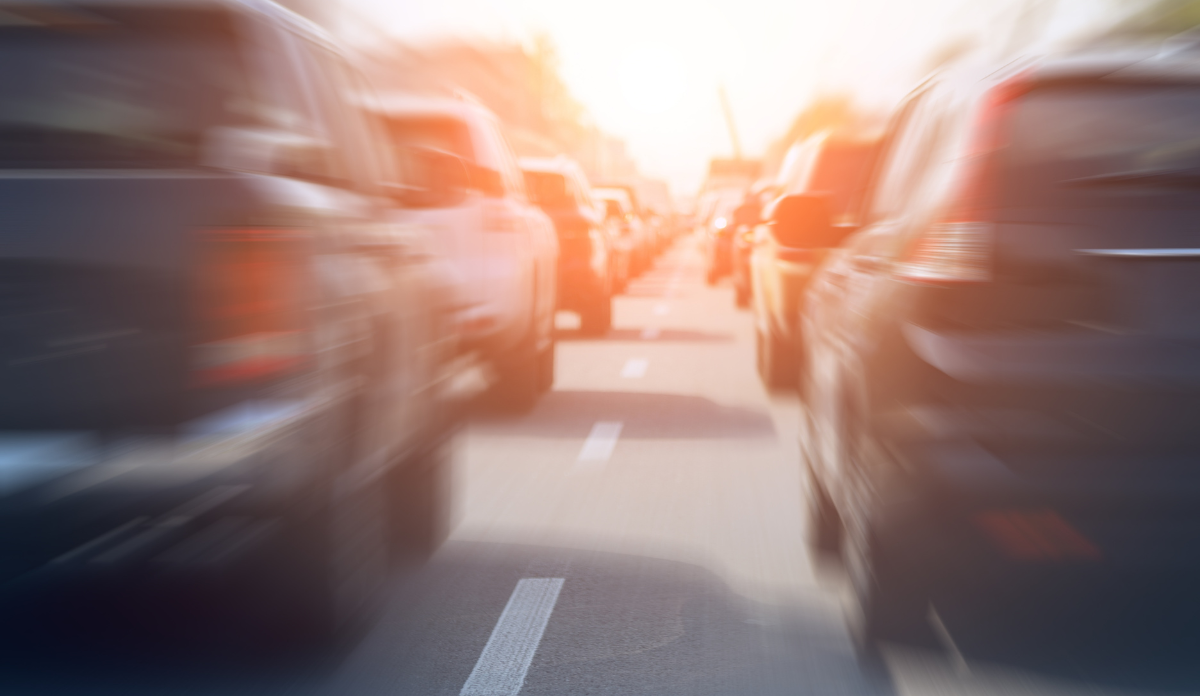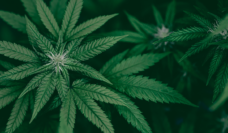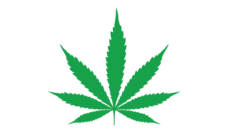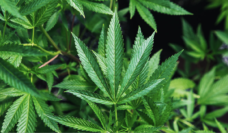Does legalizing marijuana for recreational use increase traffic collisions? This is a critical question given that 24 states and the District of Columbia have made recreational cannabis use legal over the last 11 years. Washington and Colorado were the first states to legalize the recreational use of cannabis. Retail sales dispensaries in Washington were legally permitted to open 19 months later.
It’s reasonable to assume that the process of cannabis legalization might lead to more drivers on the roadway under its influence. Cannabis is an intoxicant, and increasing the number of drivers who are intoxicated could affect traffic safety. After all, driving under the influence of marijuana has been associated with increased lane excursion and decreased reaction time in closed course and simulation drive tests.
But these studies also found evidence of cannabis-intoxicated drivers recognizing their impairment and compensating for it by either reducing speed or increasing following distance. So, it isn’t altogether clear—even if there are more intoxicated drivers on the roadways—whether or not their presence reduces traffic safety.
In fact, we don’t truly know whether there are more drivers under the influence of cannabis on the road following the legalization process. That cannabis use increased following legalization is well-supported by survey data, but this doesn’t necessarily mean those additional cannabis consumers are taking to the road. In fact, in Washington, there’s little evidence to suggest that driving under the influence of cannabis increased after recreational dispensaries opened their doors. The same survey that found an increase in cannabis use following legalization failed to identify any significant increase in the rate of driving under the influence after recreational sales of marijuana legally began in July 2014.
Further research is warranted to better understand the nuanced relationship between legalization, sales revenue, and driving behavior under the changing landscape of cannabis legalization.
Nonetheless, the question remains, does liberalizing recreational cannabis laws contribute to more vehicle crashes? In a new study, I tested this question by comparing retail cannabis sales volume to collision data from Washington State to measure the impact of the legalization process on traffic events.
I found that, following legalization, injury collisions (fatal, serious, and minor) fell. This was true even after controlling for confounding factors like vehicle miles traveled, population, unemployment, and taxable sales. On the other hand, retail cannabis sales were positively correlated with minor collisions. That is, with all else being equal, counties with higher cannabis sales volume also seem to experience more minor and non-injury collisions.
It’s difficult to know for certain what factors have led to this multifaceted outcome. It might have something to do with the way drivers—those that do drive following consumption—respond to cannabis intoxication. Perhaps lane excursion and reduced reaction time, both known impediments of consuming cannabis, contribute to “fender benders” but don’t significantly increase serious injury and fatal collisions.
The decline in serious crashes, as identified by my research, supports the findings of drivers recognizing and compensating for their impairment by driving slower and increasing following distance. While this theory is compelling, drivers’ attempts to compensate for their intoxication does not mitigate the risk associated with driving under the influence of cannabis, and therefore does not equate to road safety.
The relationship I identified between cannabis and collisions is complex: while serious and fatal collisions fell following legalization, minor crashes increased with cannabis sales. Further research is warranted to better understand the nuanced relationship between legalization, sales revenue, and driving behavior under the changing landscape of cannabis legalization.
Photo via Getty Images














